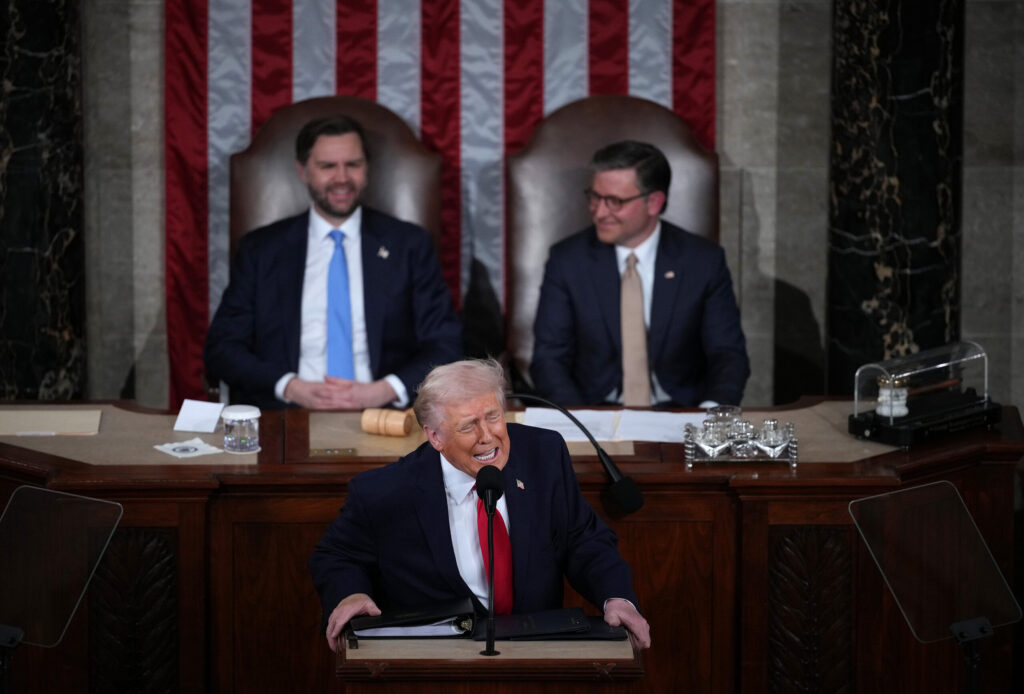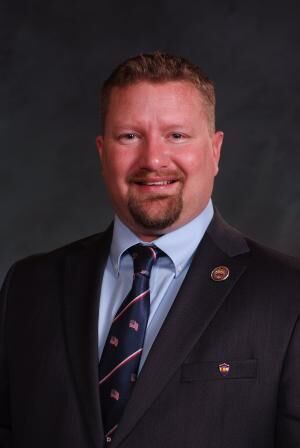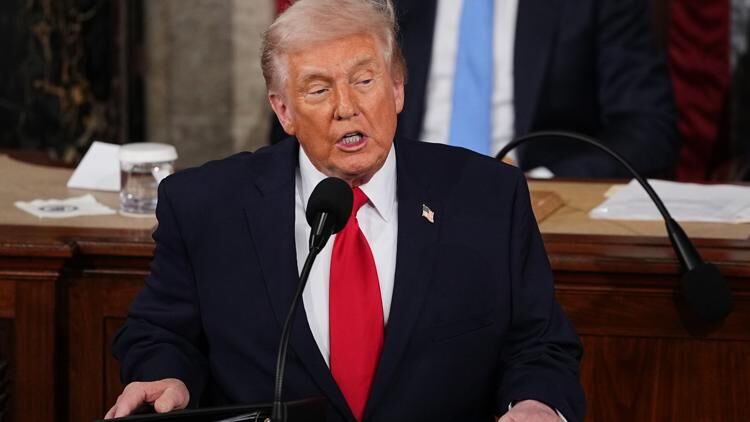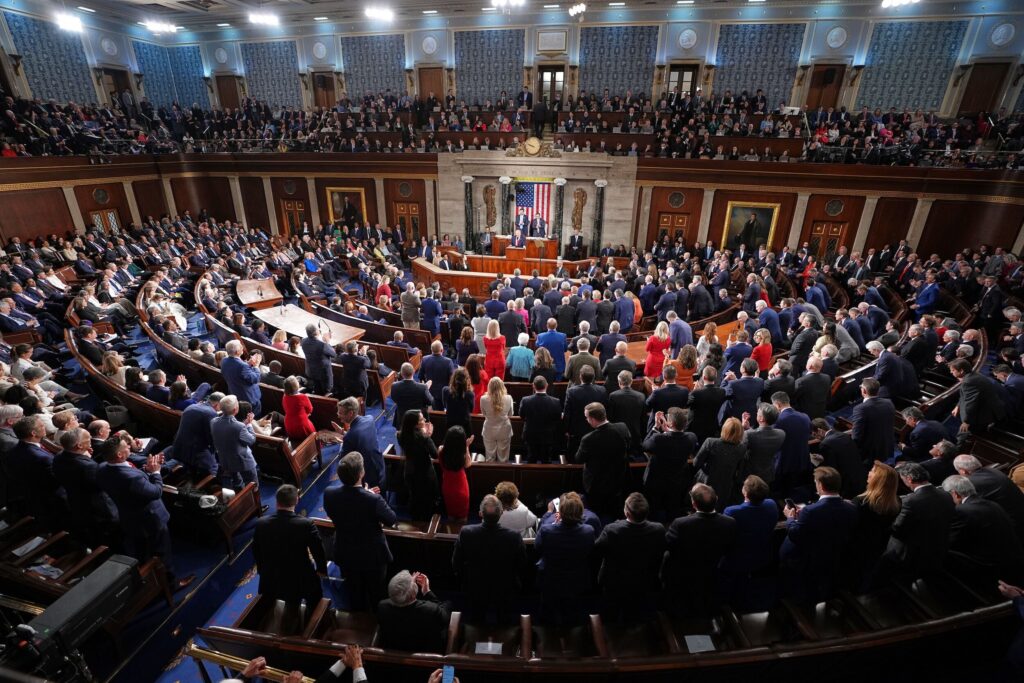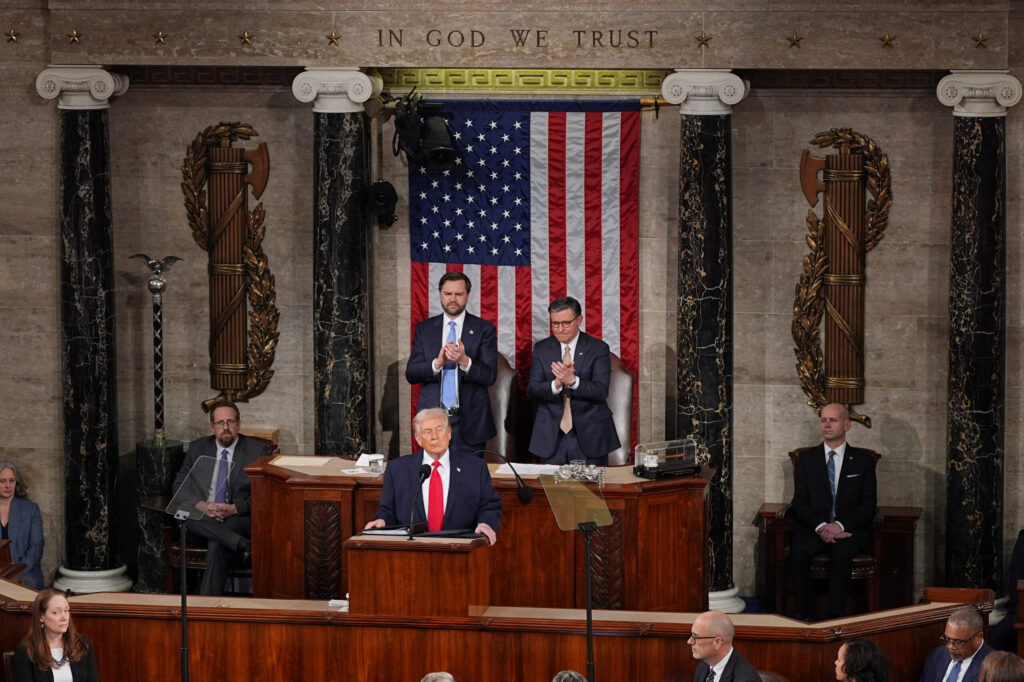U.S. Rep. Mike Coffman behind bill to jumpstart non-VA healthcare for veterans

U.S. Rep. Mike Coffman of Aurora is one of four members of the House Veterans Affairs Committee looking to outsource care to community clinics, especially in rural communities, to shorten wait times.
The legislation would set up five Federally Qualified Health Centers, which already are used to serve Medicare and Medicaid, as well as homeless and migrant communities. The facilities are regulated by the Health Resources and Services Administration.
The VA Community Care Enhancement Act was introduced Friday by Coffman and Reps. Annie Kuster, D-N.H.; Gus Bilirakis, R-Fla.; and Scott Peters, D-Calif.
“Federally Qualified Healthcare Centers provide quality healthcare in underserved areas, and can be found throughout Colorado and the rest of the country,” Coffman said in a statement. “Veterans deserve access to quality care in a timely and efficient manner. This is what they have earned through service and sacrifice in defense of our freedoms.
“With wait times in the VA Eastern Colorado Healthcare System at an unacceptable high, FQHC’s can offer more accessible and hassle-free healthcare services in the community for our veterans.”
If the idea sounds familiar, it’s because it’s been around a while. Coffman’s bill would jumpstart the program by setting up a model on how community health centers could provide service outside the VA.
President Obama signed the Veterans Access, Choice, and Accountability Act in 2014 after an eruption of bad press for the administration over VA wait times. The Choice program, as it’s called, was scheduled to expire last August with nearly $1 billion unspent from the original $2 billion set aside. President Trump reauthorized the program last April.
Sen John McCain, who, like Coffman, is a veteran, lobbied to reauthorize the program.
“While there has been significant progress in improving veterans’ health care, we have a long way to go to change the status quo plaguing the VA,” McCain told the House Veterans Affairs Committee last year. “That is why we must not abandon our effort to provide choice and flexibility in veterans’ health care, and why we must continue the hard work of refining and improving the Veterans Choice Program.”
Coffman and other sponsors of the pilot-program legislation said the five clinics would serve as a model for how to improve access nationwide. The locations of those pilot programs were not identified.
“Expanding access to care outside of the VA through the Choice Program was a step in the right direction but unfortunately Choice has not delivered effectively for all veterans,” Kuster said. “Our legislation would explore innovative new ways to connect veterans with care providers by establishing partnerships between VA and FQHC that are already providing quality care in local communities.”





